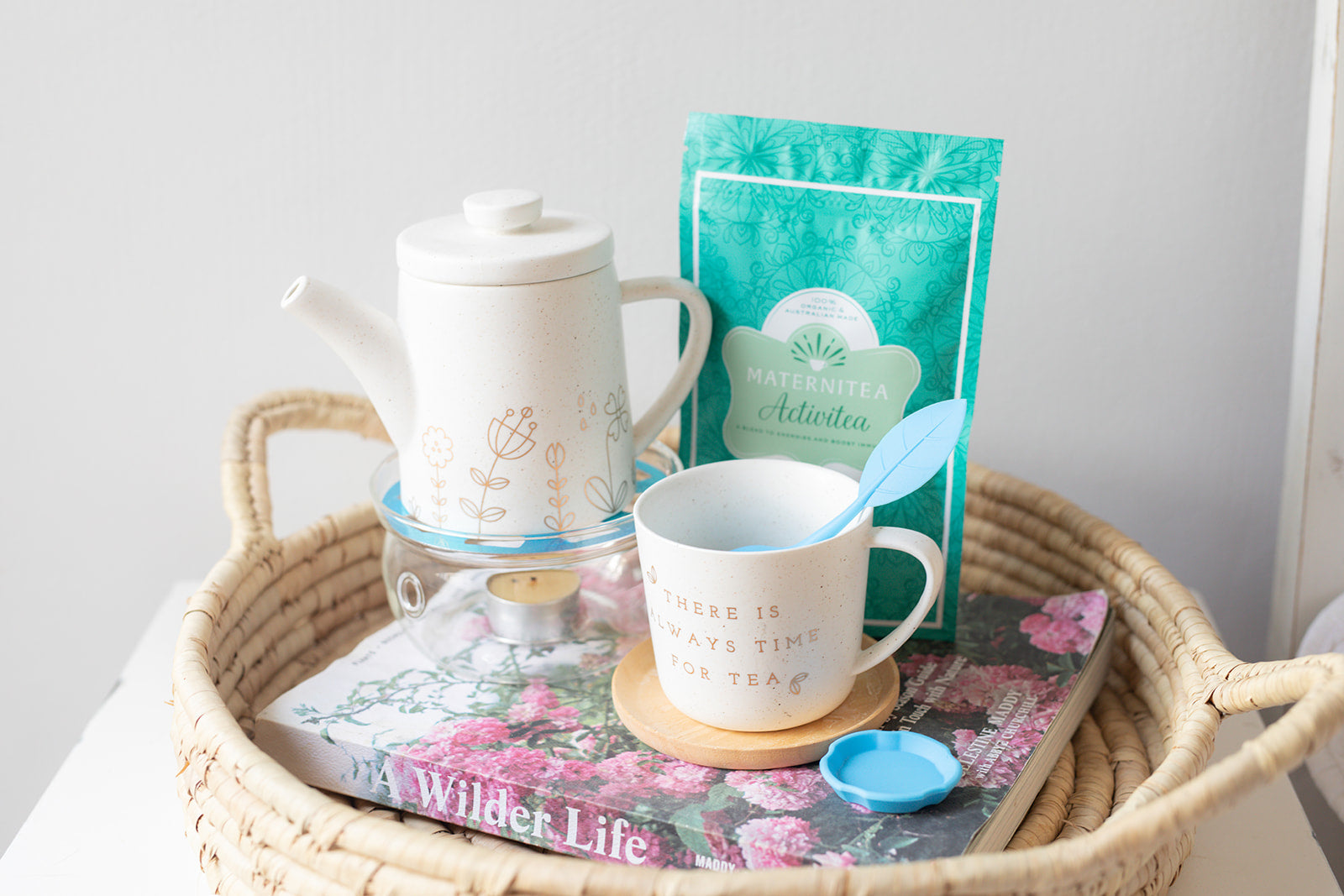Labour Pain – How to cope with the pain to suit your body

It’s impossible to know how your body will react to the pain of labour and contractions until the time arrives and the levels of pain can vary greatly between women and each pregnancy.
Being well informed about labour and your options for pain relief can impact your overall experience greatly. This knowledge in itself can help to reduce stress and tension and help you to cope.
YOUR EXPERIENCE OF PAIN
The pain of labour cannot be compared to any other type of pain you’ve experienced prior. Unlike the pain that acts as a warning sign, telling your body something isn’t right and to stop doing whatever it is that’s happening, labour pain is the complete opposite, it’s a sign that everything is right and your about to birth your baby.
Women report very different or varying degrees of pain or perceived pain. Some women will experience only moderate discomfort throughout their labour, while for others the pains is completely all encompassing and overwhelming.
The nature of pain, is characterised by the different stages of labour.
The cramping feeling in the first stage of labour occurs as the uterus contracts to push the baby down into the pelvis. This pain is widespread and long lasting, you’ll likely feel it in your lower back, your abdomen and sometimes into your butt and thighs.
During the seconds stage of the labour, the pain tends to be more localised as the muscles and tissues of the birth canal are stretched to their limits as your baby makes its way down through the vagina.
LABOUR PAIN PSYCHOLOGY
Many women fear that they won’t be able to handle the pain of labour. There is often also a strong belief that if they do require medical pain relief that they have somehow failed in this rite of passage.
Studies have indicated that women who are more informed about labour and the process are able to cope better and feel more empowered and relaxed.
By understanding where the labour pain comes from, why its happening, what action each contraction or pain is doing throughout each stage of labour is extremely beneficial when it comes to exploring options for pain relief.
Modern methods of pain relief do not harm the baby; the fear of pain on the other hand, can actually make the birth traumatic for both you and the baby.
By thinking about labour pain as a positive pain that helps you achieve a miracle, can help to motivate and mentally prepare for the event.
PAIN RELIEF OPTION AVAILABLE
During labour itself, pain relief options are either natural or medical.
Natural forms of pain relief can include, breathing exercises, water births and relaxation techniques.
Medical forms of pain relief include; the use of gas and air, opioid analgesics like pethidine and meptid and an epidural.
There is no right or wrong way when it comes to managing pain during labour. If your birth plan starts out assuming you’ll be able to cope with the pain through natural techniques but then realise that it’s more than you can cope with and want a medical pain relief option, then ask for it. The most important thing is understanding what stage of labour you are in, as some pain relief options aren’t available past a certain point.
MaterniTeas Raspberry Leaf Tea blend is especially designed to help support women prepare their body for labour throughout the 3rd Trimester of pregnancy.
Evidence based research shows that raspberry leaf use can be effective in strengthening and tonifying the uterus to help women achieve more effective and efficient contractions.
Our CAPACITEA BLEND is 100% organic, caffeine free and professionally formulated by our team of Naturopaths, Dietitians and Certified Australian Tea Master.
WHAT PAIN RELIEF YOU COULD USE:
|
STAGE |
HOW THE PAIN MAY FEEL |
NATURAL RELIEF OPTIONS |
MEDICAL RELIEF OPTIONS |
|
1st stage of labour: latent phase |
Contractions may feel like severe menstrual cramps, stopping and starting. Pain is usually bearable and you can walk around and talk through each contraction. |
|
|
|
1st stage of labour: active stage |
Contractions become regular and more intense, you are unable to talk through them. There may be a feeling of nauseousness and strong pain through the lower back and legs. |
|
|
|
Transition Phase |
Contractions can be extremely intense with little rest or down time in between. You will be experiencing pressure in the lower back and rectum and may be exhausted, nauseous or overwhelmed. |
|
|
|
2 stage of labour |
Strong long lasting contractions and an urge to bear down or push down. A stinging or burning sensation as the baby’s head crowns. |
|
|






